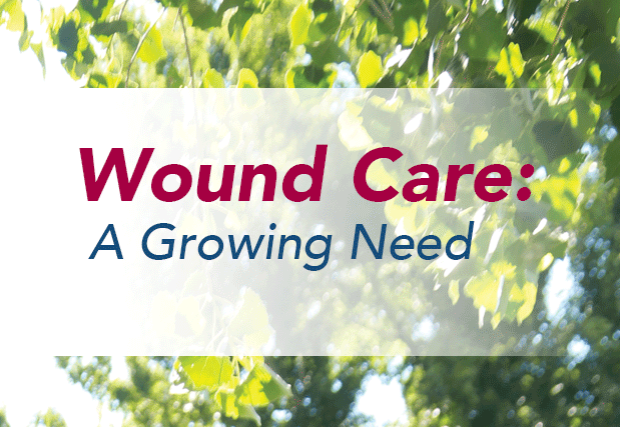For those with diabetes, disease management is key
If you have diabetes and have a sore or wound that hasn’t started to heal in a month, or healed entirely in two months, the Wound Care Center® at Northern Nevada Medical Center can help. Staffed by a multidisciplinary team of doctors and nurses, the center offers advanced treatment, including two hyperbaric chambers for oxygen therapy, to treat slow- and non-healing wounds.
“Many of our patients with diabetes suffer from ulcers, pressure sores and serious infections because diabetes interferes with the healing process. So we encourage them to stay in compliance with managing their blood sugar. It really can make a difference in closing a wound quicker,” says Medical Director Todd Inman, MD.
Dr. Inman says the team uses a patented protocol of care that includes assessment of the patient’s nutrition, any possible infections, their level of pain and any medications they may be on. “We create an individualized plan for each patient, and collaborate with other healthcare professionals to determine the best course of treatment,” says Dr. Inman. Advanced infection therapy can include removal of dead or infected tissue, therapeutic dressings and topical treatment. For more serious injuries, hyperbaric oxygen therapy may be considered.
How does hyperbaric oxygen therapy help?
Whether healing is needed in the bones, soft tissue or cells, breathing 100 percent pure oxygen increases the oxygen level in the blood and can accelerate healing. Dr. Inman says as this blood circulates in the body, it can help fight infection, reduce swelling and assist growth of new blood vessels. “This treatment can really help make a difference in closing a wound more quickly,” he says.
Warning signs of a chronic wound
A wound is considered chronic if full healing does not occur in two months. Examples include open sores, infected cuts and large burns.
Signs and symptoms of chronic wounds include:
- Oozing, swelling, bleeding or pain
- Fever
- Darkened or black skin around the perimeter of the wound
- The wound has grown larger
Types of chronic wounds treated at the Wound Care Center:
- Diabetic, pressure and venous insufficiency ulcers
- Traumatic wounds
- Surgical wounds
- Burns
If you have a wound that has not healed and you have these symptoms, you should see your doctor.
Learn more about wound care at Northern Nevada Medical Center >

